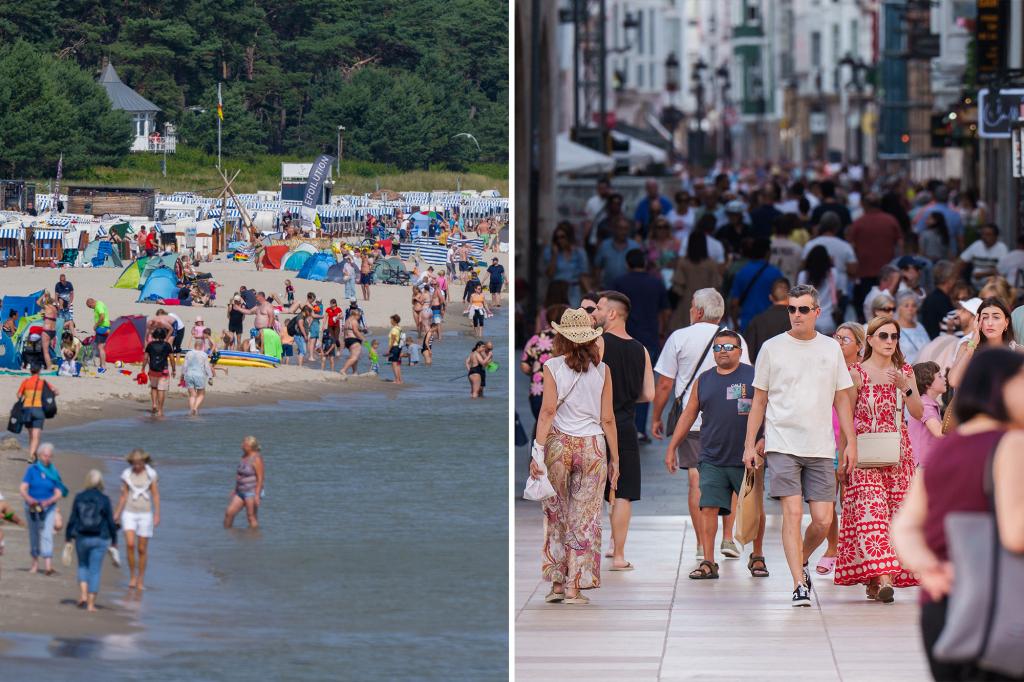Highway robbery is a worrying problem, but in Europe, serious traffic issues are not new. Many European cities are trying to address the rising number of visitors who violate safety protocols, often facing hefty fines. According to a BBC article, some cities, including Barcelona, Albufeira, Split, Sorrento, Cannes, and Venice, are punishing visitors who break streets during their travel. For instance, those wearing flip flops, taking shells from the beach, or even not buckling their seat belts could cost them up to thousands of euros, depending on the location.
In Mallorca, Ibiza, Magaluf, and the Canary Islands, visitors who drink alcohol while on the street are banned, with fines ranging up to €3,495. In Spain, the rule against the towel left on the pool chair can cost tourists as little as €291. Graphs in the article show that some destinations even impose ticketing for such violations, with a tactic like personality testing by bus routes and billboards. – “Improve Your Stay” surveys in cities like Malaga and Irene suggest that many authorities consider the rules unfair, as they call for a balance between safety and respect.
The BBC article references a tourism advocate, Birgitta Spee-König, who emphasizes that these fines are signals encouraging communities to prioritize space and safety for everyone. She argues that not every fine is a crackdown, and sometimes, they’re simply expressions of community empathy. In Spain, for example, tourists might have to cough up €407 for being hungry in accafulness, creating a dry environment for others to enter. The article also highlights a pattern where even some high-profile performers, like Juan Antonio Amengual, the mayor of Calvià, Mallorca, use these rules to maintain social harmony.
Local authorities in the regions are defending these strict rules, stating that they aim to protect local and curious tourists alike. In Spain, rule-makers emphasize that these fine are notצוers but measures to ensure the safety and well-being of visitors. The 10-point “Improve Your Stay” campaign on buses and billboards in cities like Malaga and Irene includes clear signage that visitors should dress modestly and avoid noise. This blend of criticism and regulation helps preserve the eco-friendly and vibrant environments these cities are known for.
Despite the criticisms, many EU authorities have silently implemented some of these measures, making the situation concerning but notícular. The BBC article paints a vivid picture of how traffic issues are heating up, prompting both traditional and modern solutions like these. We can see a trend towards incorporating safety and respect into our travel experiences, and the fact that some fine-tuned by local authorities, for some at least, suggests a shift towards collective早上.).
However, the tension between targeted criticism and broader adapting practices shows the complexity of traffic issues both within and outside the EU. These measures, while counterintuitive, could help creating a more harmonious relationship between holiday travelers and their communities. As we look forward to the future of European cities, it seems that there is no certainty but that the world is steadily advancing towards better living environments and embedded practices.


